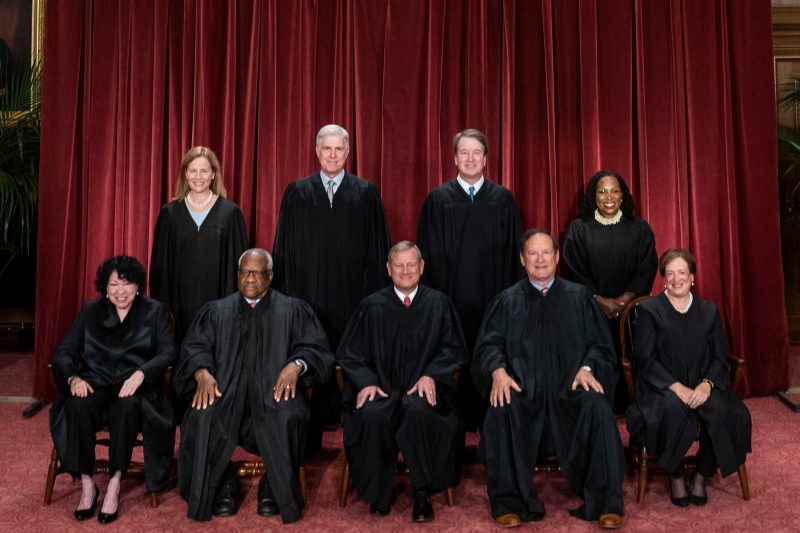The Supreme Court on Thursday sided with a woman who said a Minnesota county unfairly pocketed the profit when it seized and sold her condominium for more than she owed in taxes.
Hennepin County, which contains Minneapolis, foreclosed on Geraldine Tyler’s one-bedroom condo after she moved into an apartment building for the elderly and stopped paying property taxes for five years.
Tyler, 94, owed about $15,000 in taxes and penalties. The county sold her condo for $40,000 and kept the surplus, as the law allows in Minnesota, the District of Columbia and about a dozen other states.
But the Supreme Court, in a unanimous decision written by Chief Justice John G. Roberts Jr., said Tyler could go forward with her claim that the action violates the Constitution’s prohibition against the taking of property without just compensation.
“A taxpayer who loses her $40,000 house to the State to fulfill a $15,000 tax debt has made a far greater contribution to the public fisc than she owed,” Roberts wrote. “The taxpayer must render unto Caesar what is Caesar’s, but no more.”
Roberts rejected the county’s argument that Tyler had no property interest protected by the Constitution when she fell behind in her taxes.
“History and precedent say otherwise,” he wrote. “The County had the power to sell Tyler’s home to recover the unpaid property taxes. But it could not use the toehold of the tax debt to confiscate more property than was due.”
In a statement released by her lawyers at Pacific Legal Foundation, Tyler said: “I’m happy about what this win will mean for a whole lot of people, but especially seniors who would otherwise lose their savings and be put out on the street.”
The court brushed aside the arguments of states and localities with similar laws, issuing its opinion a month after oral argument. That is speedy for the justices.
Attorney Christina Martin, who argued the case at the Supreme Court on Tyler’s behalf, called it “a major victory for property rights in the United States. This decision affirms that property rights are fundamental and don’t depend solely on state law. The Court’s ruling makes clear that home equity theft is not only unjust, but unconstitutional.”
At oral argument, Martin said that if the court upheld the Minnesota law, there would be no limit on the excess money a government could keep.
She noted a Michigan case in which a $25,000 home was taken over an “$8.41 tax delinquency,” and she offered additional examples from Nebraska and elsewhere.
Ted Seitz, a lawyer who filed an amicus brief in the case on behalf of Michigan officials, said the impact on states with similar laws “could have been far worse.”
The court’s holding that “only the failure to provide a path to obtain surplus proceeds” from such foreclosures result in the illegal taking “is an important caveat, since many states already have statutory processes in place to make claims for surplus proceeds,’ Seitz said in a statement.
Because it found Tyler had a plausible claim of taking of property, the court did not reach a second issue in the case — whether the action violated the constitutional protection against excessive fines.
But conservative Justice Neil M. Gorsuch and liberal Justice Ketanji Brown Jackson joined up to infer that the law likely would not have passed that test either.
“Economic penalties imposed to deter willful noncompliance with the law are fines by any other name,” Gorsuch wrote. “And the Constitution has something to say about them: They cannot be excessive.”
The case is Tyler v. Hennepin County.



























